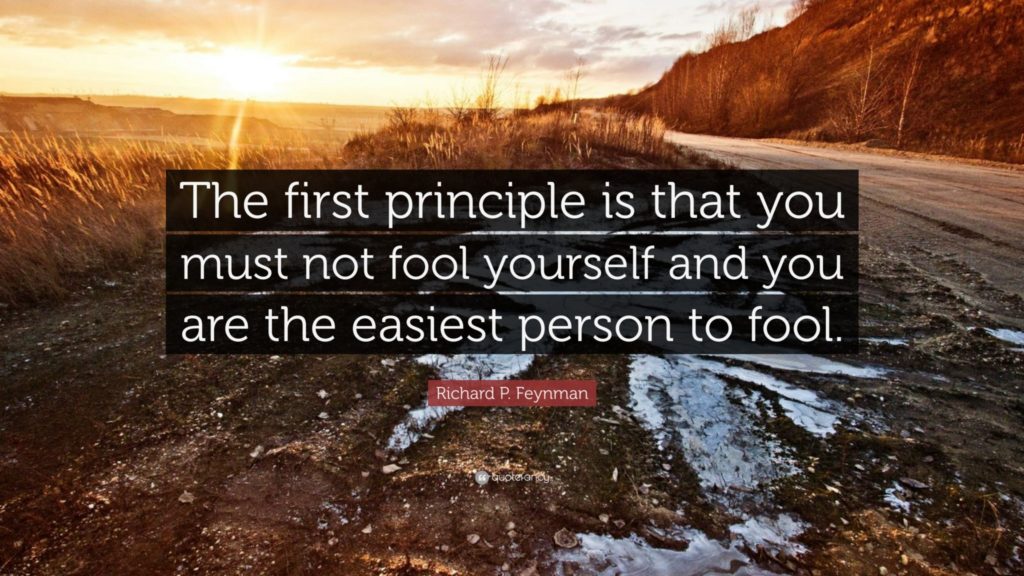Strolling along the edge of the sea, a man catches sight of a young woman who appears to be engaged in a ritual dance. She stoops down then straightens to her full height, casting her arm out in an arc. Drawing closer, he sees that the beach around her is littered with starfish, and she is throwing them one by one into the sea. He lightly mocks her: “There are stranded starfish as far as the eye can see, for miles up the beach. What difference can saving a few of them possibly make?” Smiling, she bends down and once more tosses a starfish out over the water, saying serenely, “It certainly makes a difference to this one.”
From Rosamund & Ben Zander, The Art of Possibility
“Scaling” is all the rage these days. Build products, businesses, books that “scale” and rock the masses. The Airbnbs, Ubers, and Facebooks of the world are the holy grail. They are what we call “success.”
I’ve been on this bandwagon myself. For most of my life, I’ve sought to make an “impact” and for me, “impact” meant reaching as many people as possible. If the audience for my presentation was less than 50 people, it wasn’t worth it. I was disheartened when only 15 people signed up for a seminar I taught and that it took several months for my email newsletter list to cross the 1,000 member threshold.
Recently, I came across a wonderfully contrarian article by Paul Graham titled Do Things That Don’t Scale.
His argument is just that. In a rush to be the next Uber or Airbnb, most startups never get off the ground because they forget the first principles. They ignore the fact that the Airbnb founders started their business literally by going door to door in New York to recruit new users, or that the software company Wufoo sent handwritten thank-you notes to their customers.
To get any project off the ground, you must do the hard work that won’t scale or give you instant name recognition. But these unscalable things will permanently change you and your project for the better.
If you’re a solo lawyer, instead of being dismayed that you have only five clients, do everything you can to delight them. If they’re delighted, the word will spread.
If you’re a singer, instead of sulking over the scarcity of your Twitter followers, do what Taylor Swift did and pay surprise visits to the fans that you’re lucky to have (and keep in mind that Swift certainly has no need to boost her name recognition). They’ll remember you for life.
If you’re an author, instead of whining that only ten people showed up to your book signing, engage with them and learn things you couldn’t have learned otherwise about why they bought your book.
For me, instead of being dismayed about the size of my newsletter list, I’ve grown to be more thankful for the readers (like you!) who read this blog on a weekly basis. It doesn’t matter if it’s 10 people reading this post or 10,000. I’m lucky to have you here.
This mind shift requires changing your definition of success. Success and failure are binary outcomes, but we don’t live in a binary world.
If success is selling out a stadium or crushing your first argument before the Supreme Court, you may never get there. Instead, if you reframe success as a contribution, you can win every day by making a contribution to society and a difference in someone’s life.
Don’t ask whether you have succeeded or failed. Ask, how have I contributed today?
As Rosamund and Benjamin Zander explain in their terrific book, The Art of Possibility, “unlike success and failure, contribution has no other side. It is not arrived by comparison.”
Ryan Holiday echoes this view in his equally terrific book, Ego is the Enemy:
“You will experience surprising failures. Your expectations will not be met. You will lose. You will fail. How do you carry on then? How do you take pride in yourself and your work? John Wooden’s advice to his players says it: Change the definition of success. “Success is peace of mind, which is a direct result of self-satisfaction in knowing you made the effort to do your best to become the best that you are capable of becoming.” “Ambition,” Marcus Aurelius reminded himself, “means tying your well-being to what other people say or do . . . Sanity means tying it to your own actions.” Do your work. Do it well. Then “let go and let God.“ That’s all there needs to be. Recognition and rewards—those are just extra. Rejection, that’s on them, not on us.”
So.
Build things that don’t scale.
Call your congressperson.
Vote, even if your vote feels like a drop in the bucket.
Change one person’s life.
Adopt one pet even though there are thousands looking for a home.
Throw that one starfish back into the sea.
It will certainly make a difference to them.



